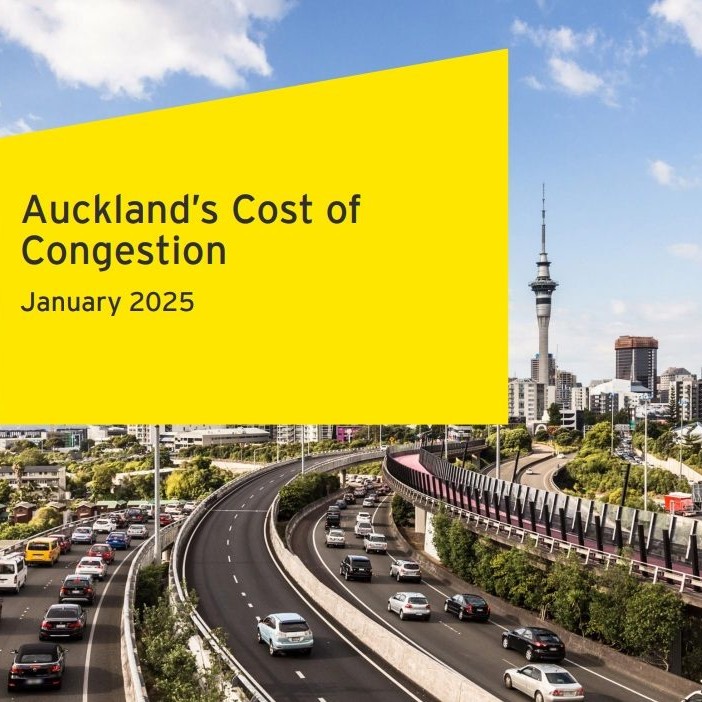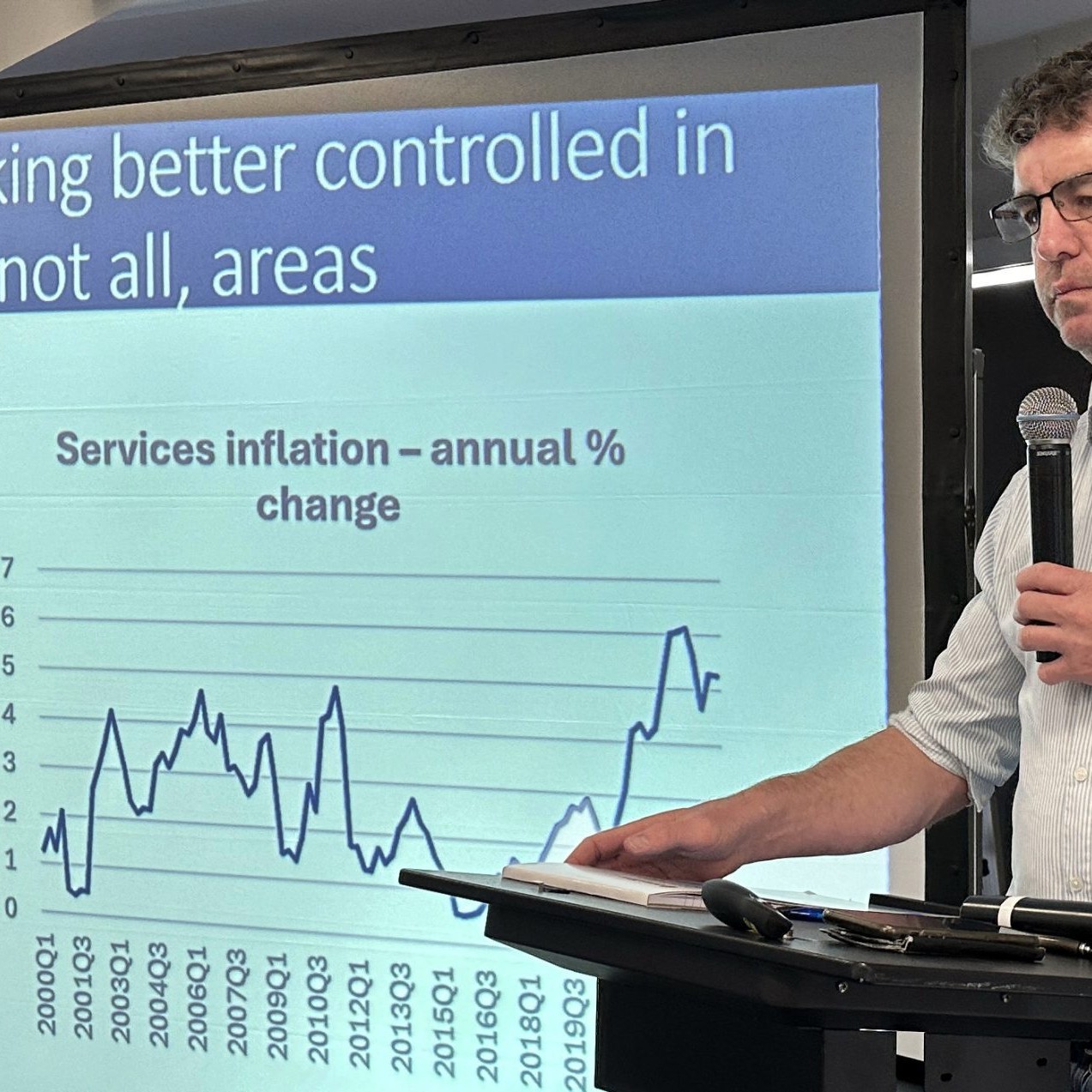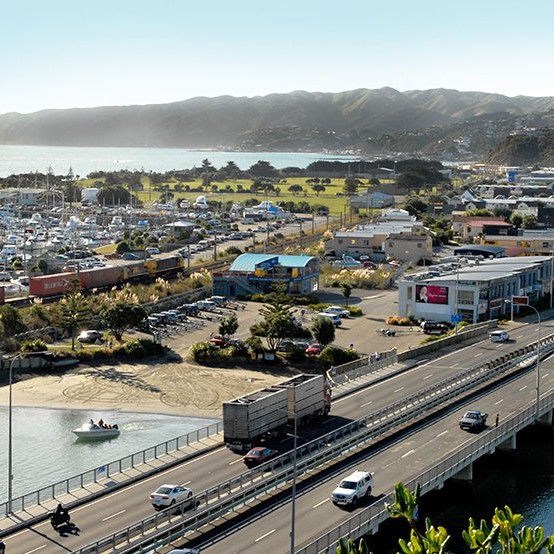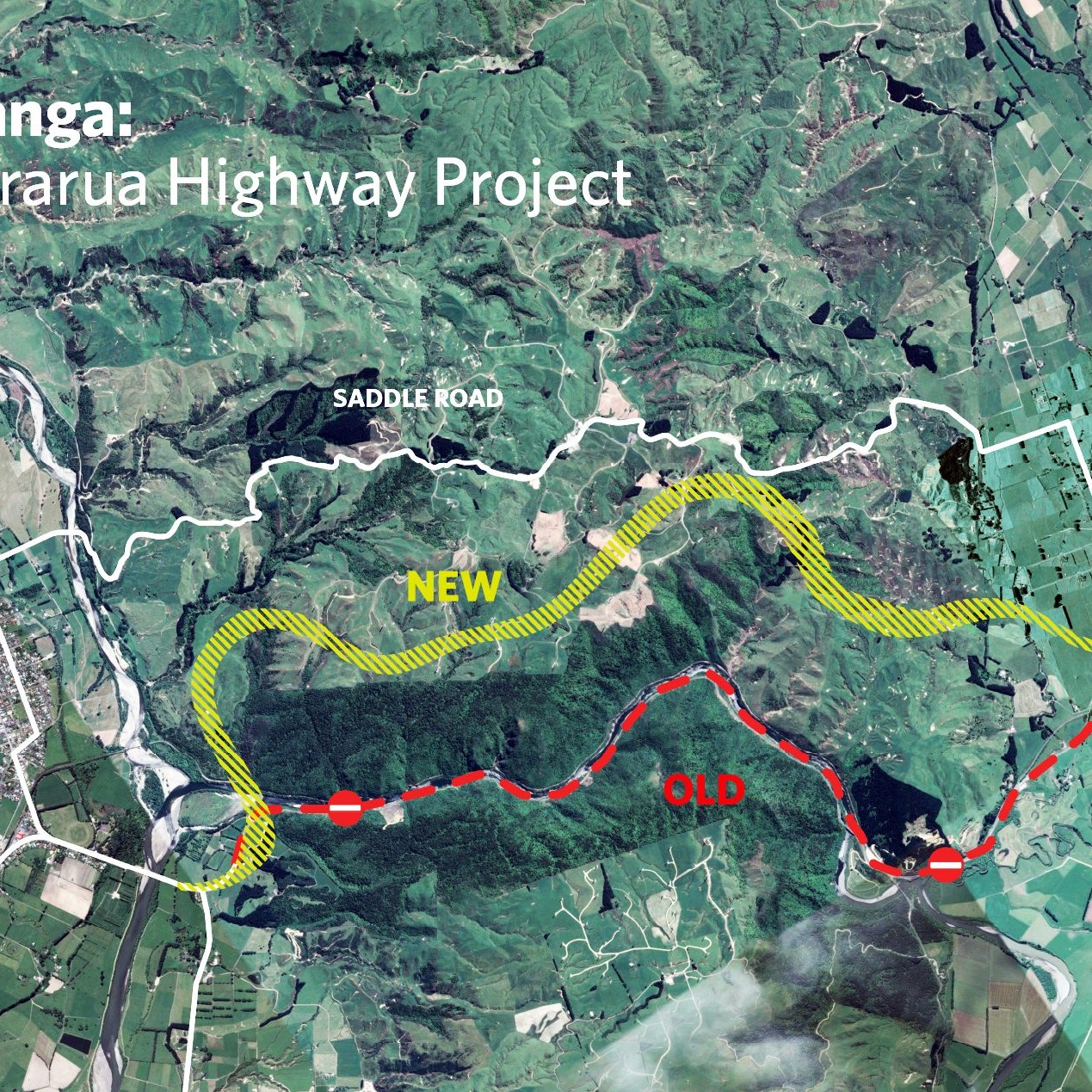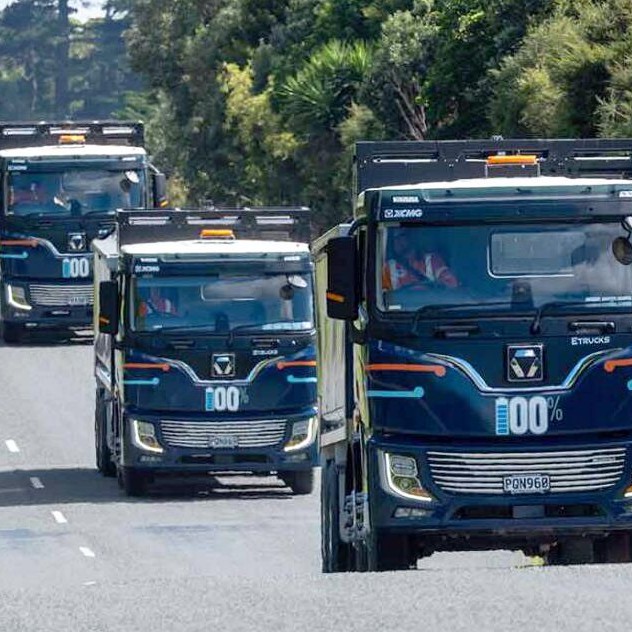
Using road user charges (RUC) to collect more funds for the Government’s climate change agenda is barking up the wrong tree, says Ia Ara Aotearoa Transporting New Zealand chief executive Nick Leggett.
“In our submission on the RUC review, being undertaken by the Ministry of Transport, we strongly oppose the idea of adding costs to a simple user-pays system to clip the ticket on unrelated externalities at the whim of the Government,” Leggett says.
“Especially when it is unclear where the extra funds sourced would go, other than into that great big bucket called ‘climate change’ – transparency and accountability seem to be out.
“The beauty of many of New Zealand’s taxes is their simplicity. RUC works well because vehicle drivers pay for the road they use and those vehicles that create more pavement wear, pay accordingly.
“Transporting New Zealand supports the principle that funds paid by road users through RUC, fuel excise, and vehicle registration fees should be used predominantly to pay for road construction and maintenance and Police Commercial Vehicle Safety Team (CVST) enforcement.
“The clarity of the RUC system has been its strength, and although not perfect, it offers a level of transparency and rigour that has many benefits. Any dilution or reduction in its integrity will be detrimental to good policy making.
“There are already other taxes and levies in place for road transport externalities. For example, there is the Emissions Trading Scheme (ETS) to manage Greenhouse Gases, and the ACC levy for injuries related to road crashes.
“Using the RUC system to recover externality costs risks collecting revenue over and above that due, and it follows that misallocation of resources will result.
“Misallocation of RUC revenue will ultimately lead to less money being spent on roads at a time we can least afford that.
“Disappointingly, in reading the review discussion document this appears to be an attempt by Government to find an unfair financial lever to support its climate change agenda, a position Transporting New Zealand strongly opposes,” Leggett says.



